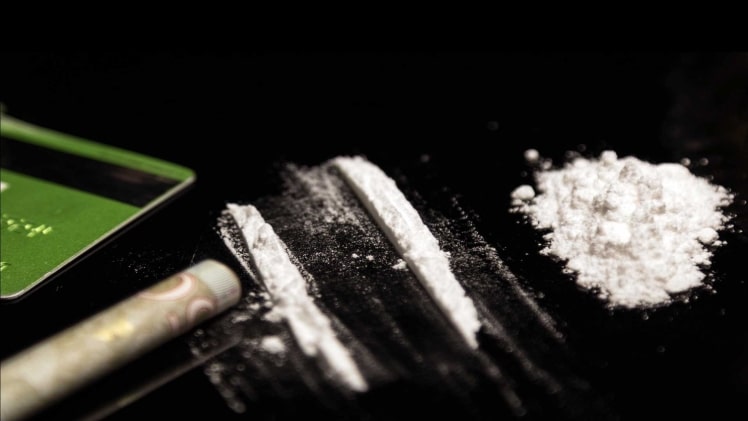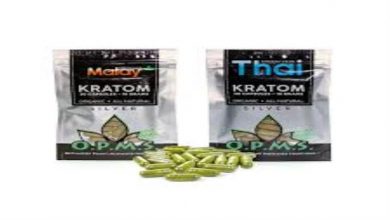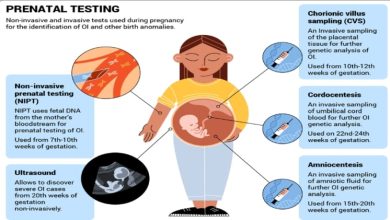Health Insurance: Does It Cover Addiction Rehab?

With more controlled substances being available and alcohol being uncontrolled, more people are becoming addicted to these substances. In recent years, there has been an alarming increase in the number of addiction cases all over the country, both in adults and the underage. Yet, many are not treated for this disease, despite the awareness that addiction is a disease and the availability of rehab centers.
The primary reason many addicts never get the necessary treatment is a lack of funds. As with a hospital, rehab centers cost a lot of money, and only a few people can afford them without external financial help. Therefore, you find people in desperate need of addiction treatment running from it because they cannot afford it.
However, insurance covers addiction rehab treatment, even though not everyone is aware of it or has the necessary insurance coverage to seek such help. The Affordable Care Act has mandated that insurance carriers provide plans and policies that include coverage for this treatment, which most view to be a result of bad life choices. Read this article if you wish to know more about the Act. Whatever the case, it is a disease and deserves the same care and attention as other diseases.
What Rehab Program Does Insurance Cover?
Health insurance covers every type of rehab treatment, including private rehab. Alcohol and drug addiction services are part of essential health benefits as detailed in the Affordable Care Act (ACA) of 2010. Therefore, every marketplace insurance policy must provide coverage for addiction and mental health treatments. Many mental health issues result from using controlled substances, and people with mental issues are vulnerable to substance abuse.
As a result, insurance coverage can help lower the overall cost of going to rehab, which may otherwise be too heavy for an individual. Some treatment programs cost more than others and the one you choose will depend on the severity of the addiction. In most cases, the rehab center recommends the best course of treatment, which may be more expensive than the one you may have chosen.
While each rehab center may have unique programs for addiction and substance abuse treatment and may build individual programs for specific needs, there are usually general programs within every center. They are inpatient, outpatient, detox, and psychotherapy programs. Each program has a different price based on the specific needs and the center in question. Nevertheless, insurance covers some percentage of the cost, no matter which one you choose.
Insurance companies typically liaise with rehab facilities and work together with them for the best results. If you choose s facility, you may want to find out which carriers they work with and know whether or not your carrier is one of them. Conversely, you can pick a facility close to you and check the insurance companies they typically work with. Then, check their policies and choose the most suitable one. Some carriers offer specific plans for alcohol and drug rehab; you can check the Humana Health drug rehab for more details on possible offers.
If you choose an expensive rehab center, the expenses for luxury amenities will come from your pocket. Insurance does not cover such luxuries but pays only for the basics. However, the type of health plan you choose, how much you pay per month, and the center of choice may also determine whether or not the company covers some of the luxury amenities.
 Rehab Services Under Health Insurance Plans
Rehab Services Under Health Insurance Plans
Insurance covers a host of services and treatment programs when you enter rehab and they include:
●Inpatient Treatment Program
This type of program gives you access to all the amenities and treatments available in the facility. These may include detoxification, therapy sessions, medication, counseling, and care after rehab. Some of these programs have medical staff onboard and are housed as part of a hospital. Others may be in a residential place without a hospital setting. An inpatient treatment program is usually the most expensive type.
●Outpatient Treatment Program
The outpatient program is typically the second most expensive one. It requires some degree of care without the round-the-clock supervision that an inpatient program requires. In an outpatient program, there is medication and sometimes, detoxification. You do not have to live on the premises, but come at scheduled times daily or weekly for treatment. The times will be determined by the healthcare provider.
●Psychotherapy Treatment Program
It is having therapy sessions with a licensed therapist. This treatment helps unearth the influences and underlying factors that feed your addiction on the journey to be totally free of it. It is a private session, so you are free to bare it all. Your therapist may also help you develop skills to cope when tempted to fall back into old ways.
●Detoxification
Detox is usually part of an inpatient program because of its intensity. There is a need for close monitoring and care to achieve the best results, hence the need to do it as an inpatient. Detoxification is a process that rids the body of leftover substances and it can take its toll. However, it is an essential part of the treatment, especially in severe addiction cases. Check this out https://www.ncbi.nlm.nih.gov/ to learn more about detoxification in substance abuse treatment.
If you have health insurance and you or your loved one needs addiction treatment, contact your provider. Speak with them and find out the details of your policy. Present the possible centers you are looking to use, their services, and find out what your policy can cover. Then, you can calculate how much you will be left with to be paid from your pocket. That way, you can make a good budget.
Conclusion
Gone are the days of avoiding rehab because of the cost. Insurance provides some relief from the financial of getting necessary treatment. Even if you do not have insurance, there are other options for covering the costs, such as loans from your employer or a lender, borrowing from loved ones, or using credit cards.




